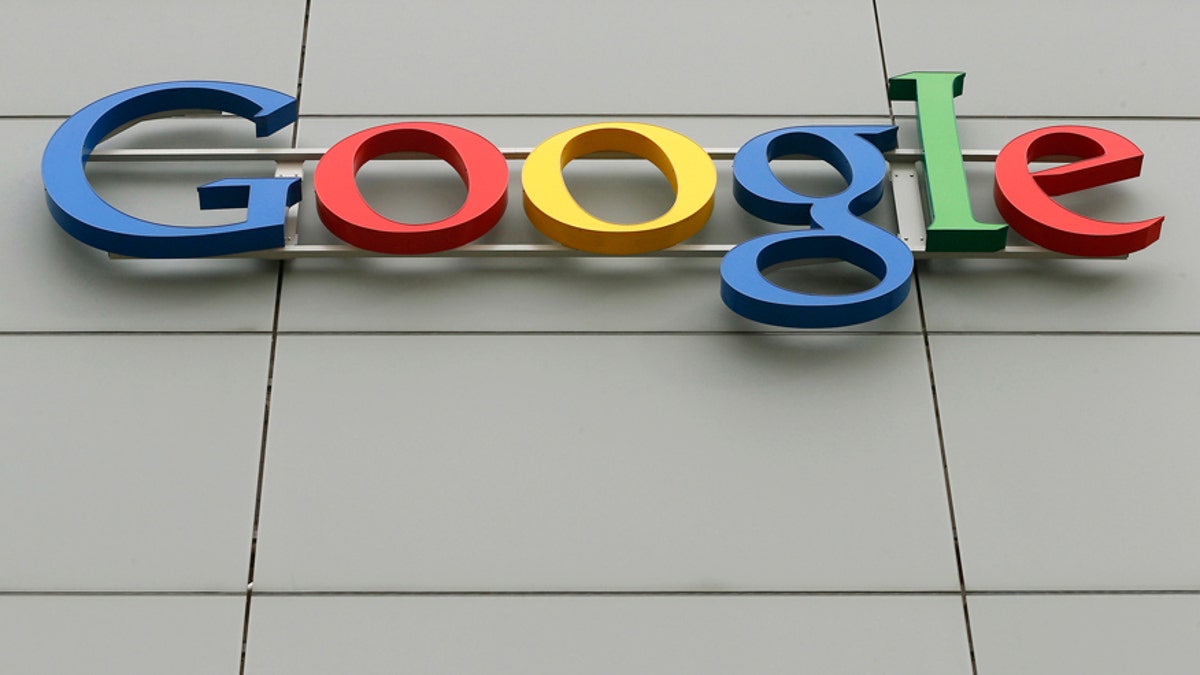
File photo - A logo is pictured at Google's European Engineering Center in Zurich April16, 2015. (REUTERS/Arnd Wiegmann)
As impressive as facial recognition software is, it isn't perfect, and sometimes algorithm errors can lead to unintended consequences. Google discovered this in what's possibly one of the worst scenarios a company could face: Its new Photos app incorrectly labeled a black couple as "gorillas."
Google Photos has the ability to automatically tag images, using photo comparisons, big data, and other methods the intelligence software learns over time. But its accuracy is not always successful. While mistakes are unintentional, Google is facing backlash for this particular error's racist connotations, the BBC reports.
According to Jacky Alcine, the man in the photo who brought it to Google's attention, Photos didn't misclassify just one photo but an entire collection that contained him and his friend. Alcine, a software developer, made the issue public by posting the results on Twitter.
Google responded immediately with an apology, telling the BBC that it's "appalled and genuinely sorry that this happened." While the company wasn't being malicious, it says the error is "100 percent not OK."
Related: Memories abound: How to share your photos with friends on Google Photos
Google executive Yonatan Zunger says, "[It was] high on my list of bugs you 'never' want to see happen," and that the company is "working on longer-term fixes around both linguistics -- words to be careful about in photos of people -- and image recognition itself -- e.g., better recognition of dark-skinned faces."
It's not the first time -- and won't be the last -- that Google Photos mistakenly tagged photos. In May, iTech Post noted that dogs were being classified as horses. In our photos, we noticed the software tagged an image of a camera and an airplane under "cars." But part of Photos' machine learning is to understand its mistakes, studying how users remove or reclassify tags. Over time, Google Photos' accuracy should improve.
"There is still clearly a lot of work to do with automatic image labelling, and we're looking at how we can prevent these types of mistakes from happening in the future," Google tells the BBC.








































